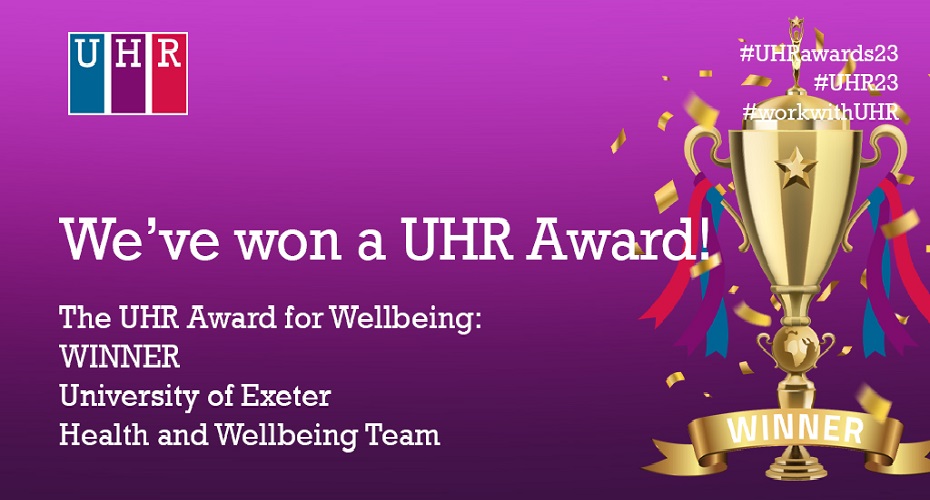We want to know about your experiences at the University.
Do you have any questions or feedback regarding the WICC?
Wellbeing, Inclusion and Culture Committee (WICC)
Wellbeing, Inclusion and Culture Committee (WICC)
Our Wellbeing Inclusion and Culture Committee (WICC) has been created under the theme of ‘Our People’ in the University’s Strategy 2030. It aims to support our strategic priorities and commitments by bringing together colleagues to focus on the delivery of strategies for health and wellbeing, equality, diversity and inclusion, and colleague experience and development.
The committee, which is co-chaired by the Vice-President and Deputy Vice-Chancellor (People and Culture) and Executive Divisional Director of Human Resources, has a number of reporting groups that it coordinates with to ensure successful delivery across these strategies. The WICC also brings together the work of the Faculty Wellbeing, Inclusion and Culture Committees (FWICCs) and Professional Services WICC (PSWICC) which work to deliver WICC priorities across our faculties and directorates.
There are a number of pillars that sit under the WICC and these are informed by feedback from Our Culture Conversations. You can find out the latest updates on the work under each WICC pillar below and how the actions from our latest conversation have informed this work.

.png)






